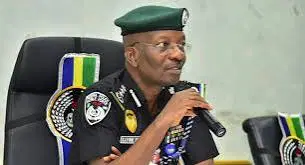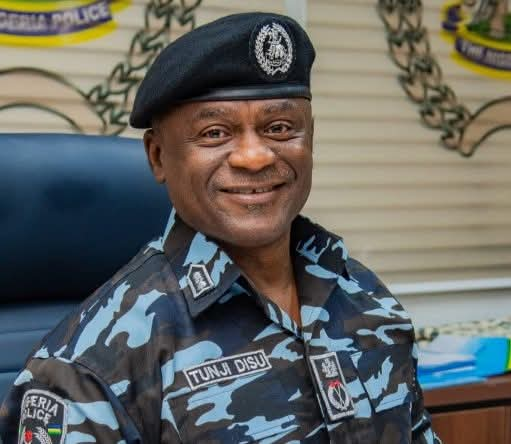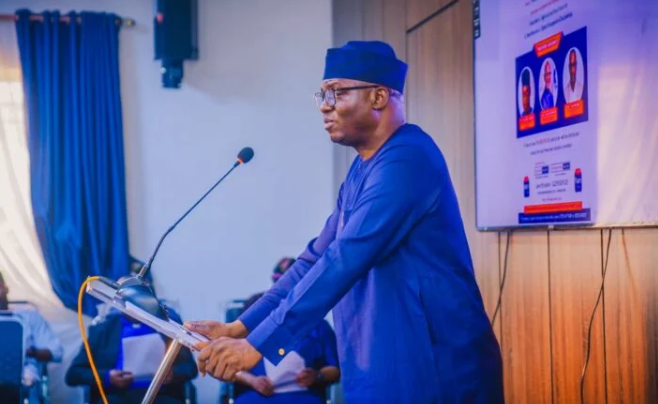The 2023 presidential candidate of the Peoples Democratic Party, Atiku Abubakar, has raised concerns about Nigeria’s ongoing struggle with an unreliable power supply and frequent national grid collapses.
The former Vice President also condemned the blackout in the Southeast, Northwest, and Northeast regions of the country, which has persisted for the past three weeks.
He stated that the ministry and departments responsible for addressing the blackout must quickly intervene to restore electricity to the distressed regions.
Posting on his official X.com handle on Saturday, Atiku said his policy document, My Covenant with Nigerians, contains the most proactive plan for resolving Nigeria’s perennial power outages.
He wrote: “In particular reference to the situations in both the Southeast and the entire states of the Northwest and Northeast, which have experienced complete blackouts in the past three weeks, every government department responsible for addressing the problem must act swiftly to restore electricity to these distressed geopolitical zones.
“Meanwhile, I still believe that my solution, as encapsulated in my policy document, My Covenant with Nigerians, remains the most proactive plan to lead our country out of perennial darkness.”
Atiku also called for the decentralisation of electricity to the states, stressing the need to grant states the power to generate, transmit, and distribute electricity for themselves.
He further emphasised the necessity for complementary transmission and distribution infrastructure to transport the supplementary energy produced.
“There is an urgent need to remove the entire electricity value chain from the exclusive list and grant states the power to generate, transmit, and distribute electricity for themselves.
“I firmly believe that an industrial dispute with the Federal Government in the nation’s capital should not affect industrial activities in any of the states or cities in the country.
“Even as we focus on investments in additional generation, there is a compelling need for capacity in the complementary transmission and distribution infrastructure to transport the supplementary energy produced.
“Considering that energy opportunities exist in different parts of the country, our strategy should involve a viable mix of renewable (hydro, solar, wind, and biofuels) and non-renewable (coal, gas) sources.
“I wish to restate my earlier recommendation to encourage private investors to invest in developing multiple greenfield mini-grid transmission systems to be linked into the super-grid in the medium to long term,” he added.
Advertisement





